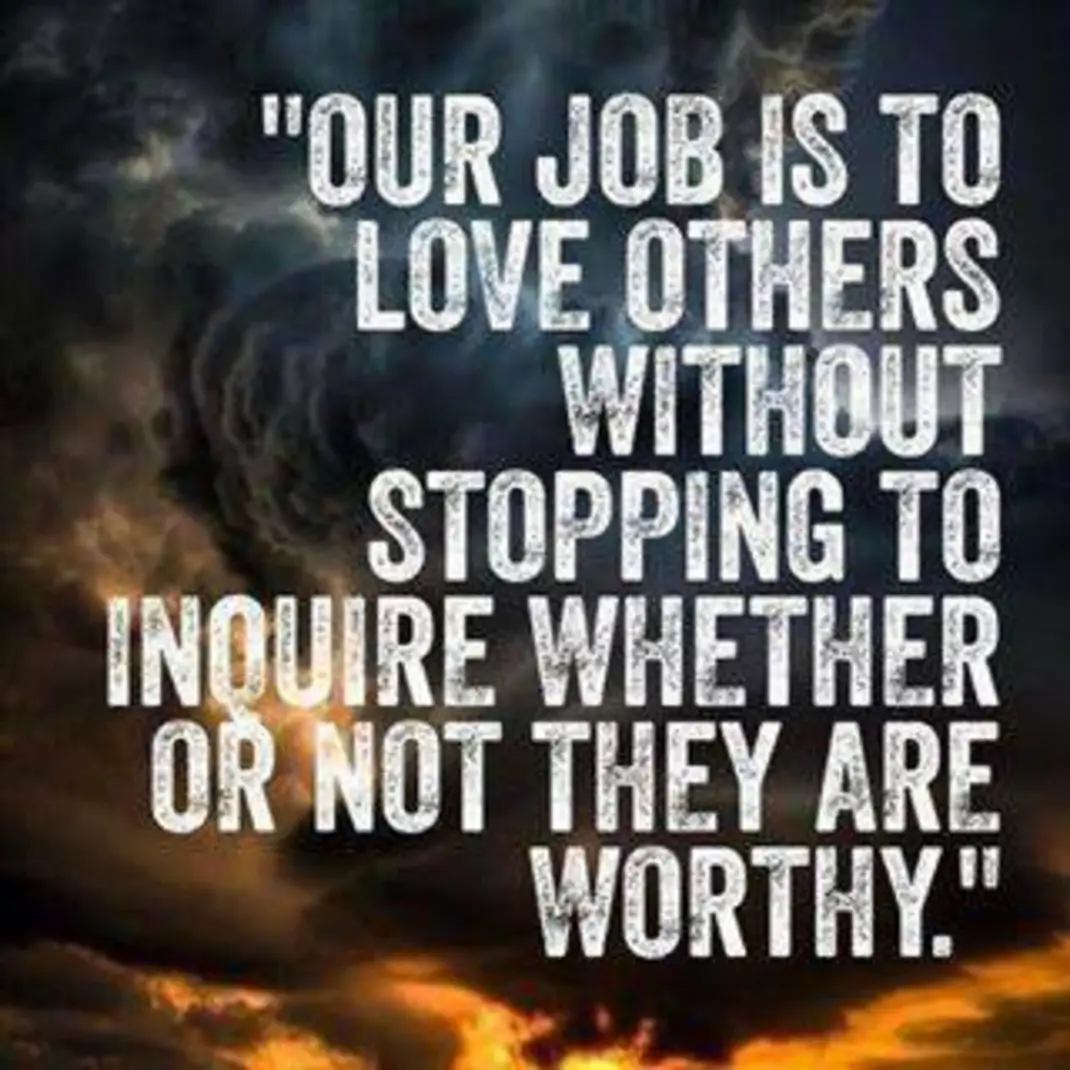It should really only be a stop gap while we handle the education bit of addiction, but that will never happen. And I mean from early education on. Give kids useful lessons like critical thinking, mindfulness, etc
I was addicted to fent. I am from east coast, and hung out in shooting galleries, tent cities, bandos, you name it.
I watched people steal from passed out people. Picked my way through bodies. Watched multiple people get shot, and was caught up in a drive by where i had to dive behind a parked car. Robbed at gun point, knife point, arrested a bunch, served a little time, went to rehab. I don’t miss that life at all.
I am an advocate for criminal justice reform all the way, especially decriminalization of drugs. But tbh, I would have never gotten clean without jail and rehab. The jail part was unnecessary imo. I just needed a chance. Any chance to break the cycle of addiction. I was a semi functioning addict, barely, and sometimes not at all. I had people that cared for me though…and many of these people can’t say the same. I probably would have never checked myself into rehab, but I was also poor and couldn’t afford to not do drugs, so i could function for work to survive. No health insurance either. I think it would be OK to arrest people for a light sentence and not strap em with acriminal history afterwards… but the justice system is really archaic and absolutely fucked ime. Once these people get out, there ain’t shit. No job. No housing. No one and nothing but drugs, police harassment and back to jail, cause once the hooks are in, the legal system doesn’t let go. These poor people are $$$ to it.
I don’t rely know how we should handle the problem, but I think decriminalization, even to the point of manufacturing pharmaceutical grade drugs for consumption, while offering rehab, housing, and support will go a long way in easing the suffering, and getting people on a different track. I think alot of the drug culture in America comes from the fact it is illegal as well. It is romanticized in some areas, namely large areas surrounding open air markets.
Tbh it’s all just a by product of the larger system. It’s a feature of our greedy society. People seek an escape from their shitty existence where money is God, and money is then made off the problem on multiple fronts. Pharmaceutical companies pumping out methadone, suboxone, for profit prisons, for profit legal system, keeps cops busy, and it gives a platform to politicians, all while gutting specific populations and classes.
The smartest people I’ve met in my life were in a real bad way. They’d mean trouble in society quite frankly. Not in a bad way. I don’t know. I just felt like ranting.
Thank you. It’s good to hear the perspective of someone who knows what it’s like.
I think the problem with the American legal system is the ongoing insistence that we use it to punish rather than reform. I know that there is a small subset of people who cannot be reformed, and for those we maintain imprisonment. But that’s not the majority. Most people would thrive if given the opportunity for true reformative justice.
And the secondary problem, in my opinion, is the dismantling of psychiatric facilities. Yes, we need to prevent closed-door facilities from becoming the abuse factories that they used to be. But replacing them with nothing is what got us a lot of the problems we see today (overcrowded emergency departments, deadly encounters with police, homelessness and drug use in public).
Some people need good inpatient or residential psychiatric facilities. Instead we just dumped them on their families without any social support of any kind.
Solara Salazar, a director of Cielo Treatment Center, which serves young adults in Portland, now receives about 20 inquiries a day about rehab services. “And the majority of them we can’t help,” she said.
Cielo offers outpatient therapy and sober housing. That is great for people who have already begun managing their addictions, but Ms. Salazar, who survived addictions to meth, OxyContin and fentanyl, keeps hearing from those in acute crisis who need a bed in a residential program right away.
She gets pleas from people leaving hospital detox, who have not yet gone through inpatient rehab. Oregon’s Medicaid patients can wait months for a treatment bed, she and others said.
“You just can’t skip a step and expect people to be successful,” she said. “We have a really low success rate that way.”
“I talked to a woman the other day who’s living in her car, and she was sobbing and crying and so desperate for treatment. I’m trying to give her some hope and I say, ‘Just keep trying and you’re going to make it,’ but I know that’s a lie. She’s not pregnant, so she doesn’t meet the benchmark for an immediate bed. And I’m going to tell her she has to call every single day for four months and then maybe she’ll get a bed?”
There’s no way to help people without truly helping people. We can’t just try decriminalization without any proper social services and say “welp that didn’t work, let’s jail them all.” Criminalizing drugs is not the way to cure a society, but writing tickets without helping people just leaves people desperate on the streets.
Hi @soviettaters Your submission is missing a label in the title.
Please refer to our community guidelines and submission rules here: https://kbin.social/m/politics/t/239165/If-you-cannot-access-the-sidebar-please-read-our-community




